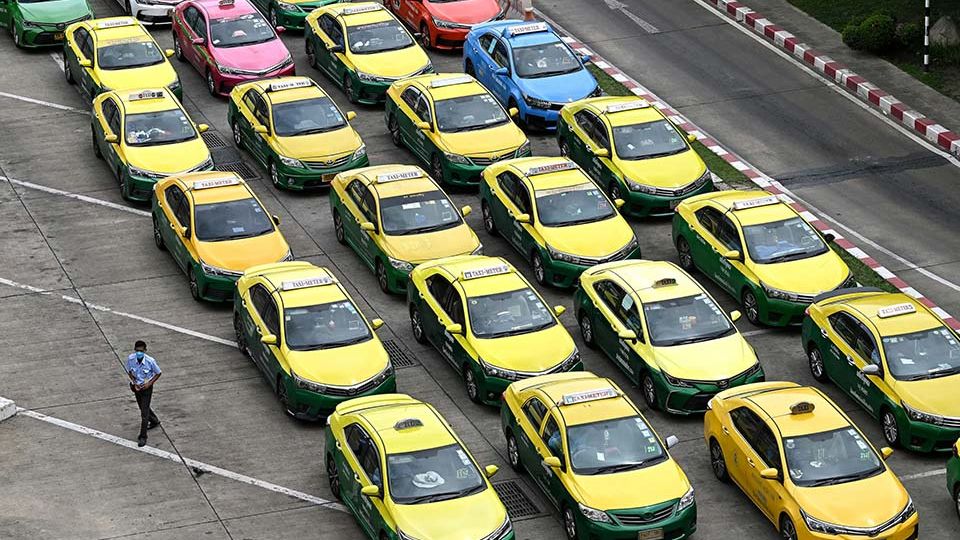May 26, 2025
BANGKOK – A recent report by Mastercard identified Bangkok as one of the world’s top four cities for tourist scams, with 48% of cases involving taxis or rental cars.
Complaints about drivers refusing to use meters or charging inflated fares have become so widespread that they’re now commonly referenced on travel forums, review platforms, and even AI tools like ChatGPT.
The issue has had a ripple effect, prompting many Chinese travellers, once Thailand’s most lucrative market, to shift their focus to other destinations such as Vietnam, citing frustration over unfair taxi experiences.
Tourism has long been a pillar of the Thai economy. Before the Covid-19 pandemic, the sector generated over 2 trillion baht in revenue in 2018.
But by 2023, that figure had dropped to 1.67 trillion baht, and ongoing reputation issues are making recovery more difficult.
Adith Chairattananon, Secretary-General of the Association of Thai Travel Agents (ATTA), told Krungthep Turakij on May 22 that the problem has existed for decades. “When taxi metres were first introduced in the early 1990s, the service was welcomed — new cars, regulated prices. But in the past 10 years, complaints have skyrocketed,” he said.
He noted that tourists from the Middle East, a key demographic for many ATTA members, frequently report taxis refusing to turn on meters or demanding extra charges mid-trip. “It’s no longer a few bad apples. It’s a systemic issue tied to weak law enforcement and a culture of impunity,” Adith said.
He added that with the economic downturn, some drivers increasingly target short-term foreign tourists who are unlikely to pursue legal action. “Those who play by the rules struggle, while those who bend them earn more and face no real consequences.”
As a result, more travellers are turning to ride-hailing apps like Grab. Despite being more expensive, passengers perceive them as more reliable and transparent, with upfront pricing, driver information, and higher service standards. The ability to summon a ride without flagging one down on the street is also a major draw.
Still, the damage to Thailand’s image may already be done. In online reviews, complaints about taxi scams remain among the top negative comments about visiting Thailand.
These reviews — often shared in Chinese, Cantonese, and Malay — spread quickly across platforms and fuel growing distrust, especially in markets like Hong Kong, Taiwan, Malaysia, and Singapore.
While broader concerns such as personal safety, scam operations, and kidnappings also influence tourist decisions, the persistence of the “no meter” issue continues to erode confidence and chip away at the country’s appeal.


